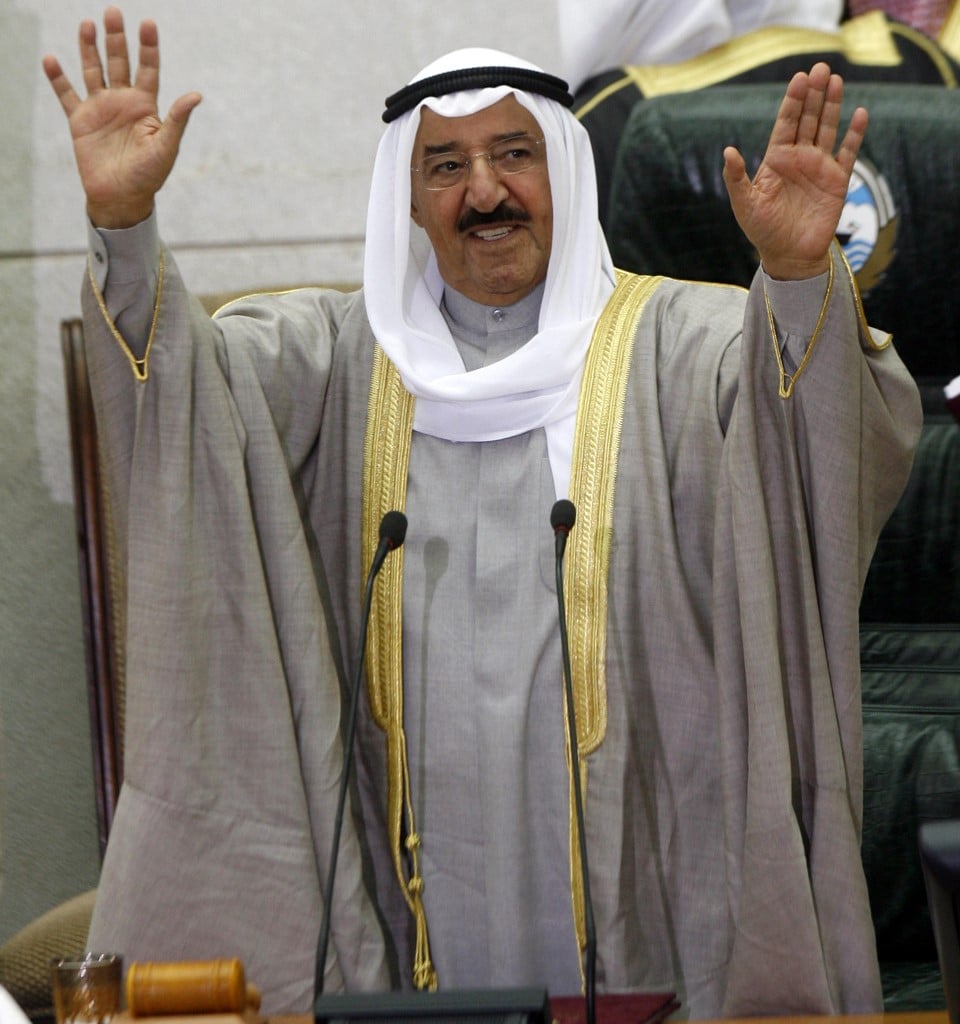
The results of the February 2012 elections in Kuwait reflected popular anger against corruption and the political stalemate between the government and the National Assembly. Despite the opposition’s victory, it was not granted positions in the new government and no women were appointed as minister. However, opposition MPs continued their struggle. In the four short months of the Assembly’s existence, MPs filed as many as eight interpellations against ministers, two of whom resigned.
In June 2012, Emir Sabah al-Ahmad al-Sabah suspended the National Assembly for a month, to avoid the row from further escalating between the government and Parliament, that was about to publicly grill the interior minister, a member of the Al Sabah ruling family. Soon afterwards, the Constitutional Court ruled that the decrees that the Emir had issued to dissolve Parliament and invite Kuwaitis to vote in legislative elections in December 2011, were illegal.
Consequently, the results of the elections were scrapped and the previous Parliament (elected in 2009) reinstated. The government resigned in the wake of the court’s ruling. Although unprecedented, the development is typical of the state of turmoil that continues to paralyse Kuwaiti politics.
In response to the ruling, Islamist and tribal opposition MPs who had achieved a major victory in the elections, immediately resigned in protest. Opposition activists held demonstrations in front of the National Assembly to protest against the court ruling and to call for comprehensive constitutional reforms and a full parliamentary government. The opposition has been pushing for the dissolution of the reinstated pro-government Parliament as former MPs have been targeted for corruption.
It furthermore accused the Constitutional Court of exceeding its mandate and being involved in politics. Youth movements, that have been active since 2006, demand an elected government, legalisation for political parties and a single constituency, and are pushing the majority opposition bloc to endorse these demands.
Unrest
Contributing to the political unrest is the division within the royal family between the al-Jaber branch and the al-Salem branch, after the current Emir safeguarded al-Jaber succession in 2006. This division conflict is being played out through public institutions such as the National Assembly. Some analysts believe that members of the al-Salem branch support obstructionist MPs.
An important factor limiting the opposition’s powers is the lack of a legal framework for political parties. MPs hardly get the chance to organize and focus on the longer term. Kuwaiti politics is highly characterized by divides between Shias and Sunnis, between the traditional settled Kuwaitis and Kuwaitis of Bedouin dissent – Hadhar vs. Badu – and between the old and the younger generation, which has recently become politically active. This has created an atmosphere in which various factions are battling over their own interests instead of the state’s development at large.
Due to the Parliament’s excessive questioning of ministers, including the Prime Minister, the political discourse is dominated by rows among MPs and with ministers, instead of constructive discussions. This has resulted in stagnation of the much-needed development of the country, notably the government’s development plan to diversify the oil-based economy and make Kuwait the transport hub of the Gulf.
Moreover, most MPs push for (short-term) populist measures, including higher citizen benefits. While these short-term measures are intended to satisfy Kuwaiti voters, the stagnation of Kuwaiti politics is risky for the Al Sabah regime, as seen in recent demonstrations and the unprecedented victory of the opposition. While the power of Kuwaiti lawmakers is far greater than their counterparts in the rest of the Gulf, the stagnation has left many Kuwaiti citizens frustrated.

